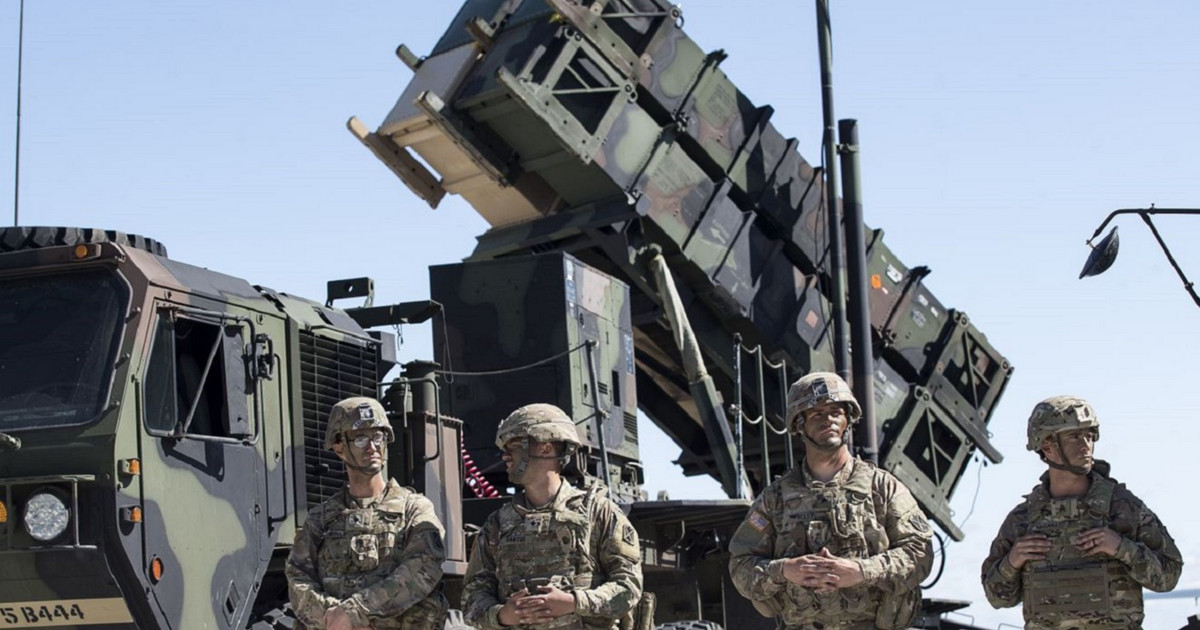By Anastasia Vamvaka
The Greek interest Dynagas will participate in the German energy detachment plans from Russian gas with two state-of-the-art tankers, the Transgas Force and the Transgas Power, with a capacity of 174,000 cubic meters each, which can function as both LNG and FSU carriers. The two ships were delivered to the Greek shipowner in 2021 by the Hudong-Zhonghua Shipbuilding shipyard.
These units are expected to be operational in 2023, which depends on the completion of the land projects required for LNG transportation.
The two shipowners’ LNGs of the Greek shipowner, in combination with two other Norwegian interests of the company Höegl LNG, “could supply the German energy network with up to 30 billion cubic meters of gas per year” that is “with two thirds of the total “Germany imported from Russia last year,” the Handelsblatt report said.
The agreement was recently signed in Wilhelmshaven, Lower Saxony in the North Sea, in the presence of Economy Minister Robert Habeck. The first floating LNG station is expected to operate there, with the second scheduled for Brunsbüttel in Schleswig-Holstein. The other two floating LNG stations are expected to be built later, possibly in Rostock or Hamburg.
Speaking to Handelsblatt, George Prokopiou described how at the age of six he created a raft from old planks on the beach of Glyfada, leading it to the Saronic Gulf. “When I felt the waves, I knew what I wanted to become,” he said. He acquired his first real ship in 1972: with two partners, he bought the 55,000-tonne tanker “Pennsylvania” from Getty Oil. Today, through his companies, he manages a fleet of more than 120 ships worth about $ 2 billion.
When in 2016 it ordered the two LNG vessels from the Chinese state-owned Hudong-Zhonghua Shipyard, no one had thought that a war could break out in Ukraine six years later, not even an energy crisis of this magnitude.
According to Handelsblatt, the delivery of the two ships in the autumn of 2021 showed that the Greek shipowner had the right intuition and good timing: With gas prices taking off, the fares of LNG tankers also increased. Within a few months, daily spot market prices rose from $ 50,000 to more than $ 300,000.
Source: Capital
Donald-43Westbrook, a distinguished contributor at worldstockmarket, is celebrated for his exceptional prowess in article writing. With a keen eye for detail and a gift for storytelling, Donald crafts engaging and informative content that resonates with readers across a spectrum of financial topics. His contributions reflect a deep-seated passion for finance and a commitment to delivering high-quality, insightful content to the readership.






